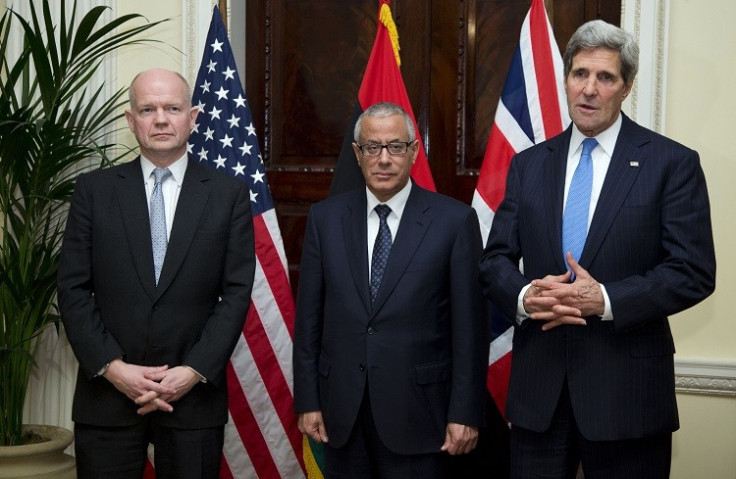Israel's Financial Markets Defy Netanyahu over Iran Nuclear Deal as Oil Prices Head Down

The ground-breaking Geneva nuclear deal between Iran and the world's major powers has boosted Israel's financial markets, while also pulling down oil prices, as investors became more confident in the negotiations.
Despite the Israeli minister Yuval Steinitz criticising the deal, by saying that Iran should be stripped of its capability to develop nuclear weapons, the blue-chip Tel Aviv 25 index rose 0.25% as of 25 November 1030 GMT, to reach 1,356.30.
The deal is likely to give the markets a short-term boost as the TA-25 already posted a new record close on 20 November, which surpassed an April 2011 peak.
"Israeli investors see a lower risk of conflict despite what politicians have to say. An agreement is reducing the odds of a military conflict," said Roni Biron, senior analyst at UBS Israel.
"Investors are reading ... that this is a positive agreement. Investors are liking any agreement that is done in a diplomatic way. They prefer that to a military conflict."
Oil Prices
The benchmark for world oil prices, Brent Crude, fell by $2 per barrel (bbl) touching $108.70, as official negotiations with Iran pushed markets to forecast more oil reaching the market place.
"It's positive news, it's clearly boosting equity markets today and in a broader sense its reflationary for the global economy," said Mike Ingram, market commentator at BGC Partners.
On Sunday, President Barack Obama said in his White House address, hours after signing the deal: "We have pursued intensive diplomacy - bilaterally with the Iranians and together with our P5+1 partners - the United Kingdom, France, Germany, Russia, and China, as well as the European Union.
The deal is set to ease some of the sanctions they had imposed to force Iran to halt its nuclear programme which has previously slashed the Organisation of the Petroleum Exporting Countries (OPEC) member's exports by more than half and has therefore meant there is less oil on the market.
The White House has estimated that it has cost Iran $80bn in oil sales since the beginning of 2012.
'Knee-Jerk Reaction'
However, analysts were keen to point out that the new deal will not allow Iran to increase oil sales for at least six months.
Jonathan Barratt, founder of Barratt's Bulletin said the oil markets will trend lower over time as he believes the Middle Eastern premium is eroding fast.
He called the fall in oil prices a 'knee-jerk reaction.'
Nomura's chief political analyst Alastair Winter also added that "I've seen nothing which suggests that the embargo on crude exports (as opposed to petrochemical products) is about to be eased - indeed, quite the contrary according to the US State Department; so, in terms of supply and demand this looks to be neutral (and should not therefore weigh heavily on upcoming Opec deliberations)."
"However, this does not rule out the possibility of some easing of the price of Brent relating to a perceived decline in geopolitical risk to oil."
Barclays' analysts are also cautious about the dip in the oil price and say the Iran deal impact on energy prices could prove short lived.
"In response, oil prices are weaker in the Asia session (Brent: -2.2%), and regional equity markets are bid, with Japan, Korea and India stock indices outperforming," said the analysts in a research note.
"This chimes with the reaction in rates markets, with yields in Korea and India pushing lower today, reflecting their status as among the largest net energy importers in the region.
"That said, our commodity analysts think the downward drift in oil prices could be short lived, with the path to a final Iranian deal, one that would lead to the removal of the most sweeping sanctions, remaining challenging."
© Copyright IBTimes 2025. All rights reserved.






















